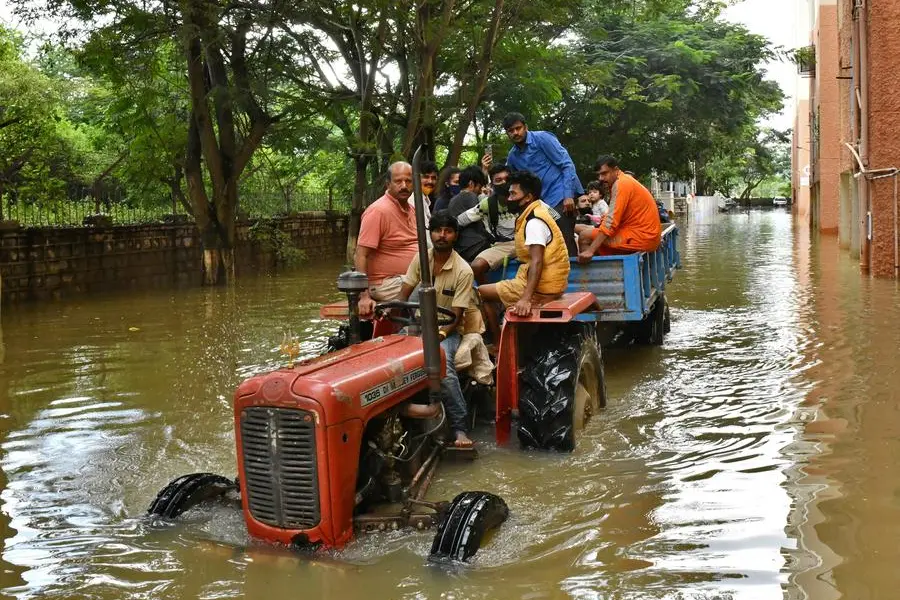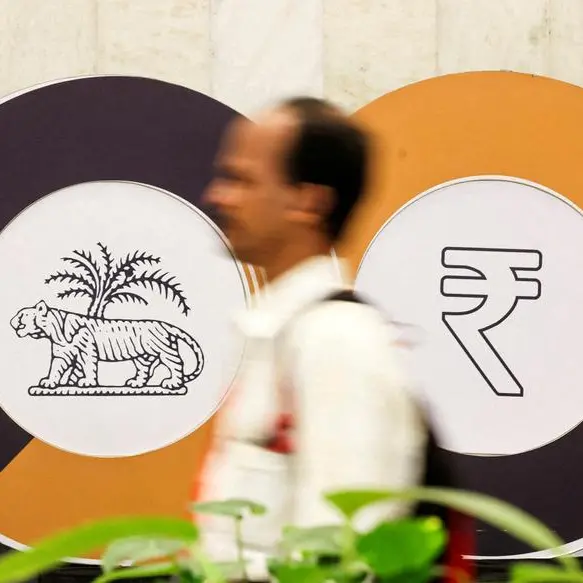PHOTO
India's Bengaluru may need nearly 28 billion rupees ($362.7 million) to restore a drainage network damaged by rapid real estate development as repeated floods threaten to disrupt work and life in the IT hub, a report said.
Dubbed India's Silicon Valley for hosting more than 3,500 IT companies and startups, the city has seen an influx of millions of workers and a boom in real estate construction over the past two decades.
But that has come at a cost as unfettered construction around lakes and over stormwater drains has limited the city's capacity to absorb and drain off water, resulting in unprecedented floods last year that disrupted the IT industry.
The report by global property consultancy Knight Frank said the city's share of built-up area ballooned to 93% in 2020 from 37% in 2002, putting "severe stress" on the natural drainage system that channelled water into the city's interconnected lakes.
The report projected a jump in population to 18 million by 2031 from an estimated 12.3 mln in 2022. The area within city limits more than tripled in 2011 to 741 square kilometres from 1995 levels.
"Due to climate change, there has also been short duration, high intensity precipitation, further accentuating risks of flooding in the city amidst limited infrastructure to contain the same," the report said.
"This flood issue is happening every year. Forget about every year, every time it rains," said Shantanu Mazumder, executive director for Bengaluru at Knight Frank India.
And that can affect investments in the real estate market.
"From the buyers' point of view, there is definitely a red flag when they see that there has been a past flooding issue, it's a part of their buying due diligence," Mazumder said at a recent event organised by the consultancy.
Citing the example of Mumbai, the report urged local authorities to formulate a master plan to reduce water-logging in flood-prone areas and ensure the free flow of stormwater. ($1 = 82.7043 Indian rupees) (Reporting by Deep Vakil in Bengaluru; Editing by Varun H K and Saumyadeb Chakrabarty)





















